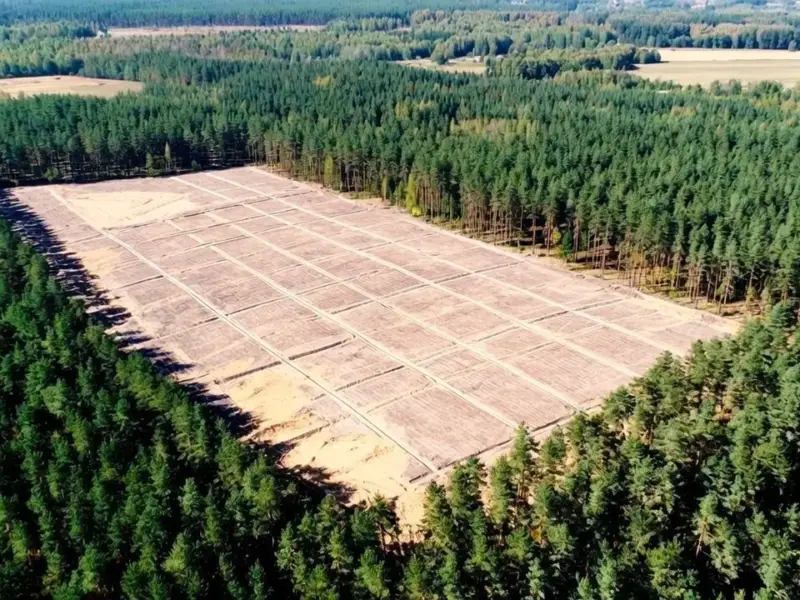According to DCD, German real estate developer Garbe is planning a massive data center campus in Denmark that could become the country’s largest. The company just entered into a historic agreement with Guldborgsund Municipality to purchase 35 hectares of commercial land at Business Park Falster. Garbe aims to invest up to 20 billion DKK (roughly $3 billion) to develop a 350MW campus hosting between six and nine data centers. This represents the largest land transaction in the municipality’s history following a public tender process. The purchase agreement is currently conditional, with Garbe conducting surveys in the coming months before finalizing the deal and beginning construction. Jonathan Henry, executive managing director at Garbe Data Centers, called this “an important milestone” for both the company and Denmark’s position in sustainable digital infrastructure.
Denmark’s data center gold rush
This isn’t just another data center project—it’s a massive bet on Denmark becoming a major European tech hub. At 350MW, we’re talking about enough power for hundreds of thousands of homes, all dedicated to computing infrastructure. And here’s the thing: Denmark’s been quietly building its reputation as a prime location for data centers thanks to its reliable green energy infrastructure and cool climate, which helps with cooling efficiency.
But why this particular location? Business Park Falster sits about 130km south of Copenhagen, which puts it close enough to major connectivity hubs while avoiding the congestion and costs of the capital region. For companies looking at industrial panel PCs and other hardware that needs reliable hosting, locations like this are becoming increasingly attractive. The municipality’s mayor Simon Hansen isn’t shy about calling this investment “at a level that we otherwise only see in national mega-projects.”
Who is Garbe anyway?
Garbe might not be a household name in data centers, but they’re no newcomers to large-scale real estate. Founded in 1965, this German firm has been doing industrial, residential, and energy investments across Europe for decades. Their data center division, Garbe Data Centers, actually started as NDC Garbe back in 2019 alongside NDC Data Centers.
What’s interesting is their track record—they previously developed a data center for Google in Hanau, Germany. So while they might not have the brand recognition of some hyperscale operators, they clearly have the technical chops to deliver for major tech clients. Now they’re taking that experience and scaling up dramatically with this Danish project.
The fine print matters
Here’s where it gets real: this is still a conditional agreement. Garbe has to complete various surveys before anything becomes final. That means environmental studies, geotechnical assessments, infrastructure planning—all the boring but crucial work that determines whether this project actually gets built.
And let’s be honest, 350MW is an enormous amount of power to deliver to one location. The local grid will need significant upgrades, and there will undoubtedly be questions about sustainability claims versus actual energy consumption. Garbe says they’re focused on “renewable energy and high environmental responsibility,” but delivering on that promise at this scale is easier said than done.
What this means for European data centers
This announcement comes at a fascinating time for European data center markets. We’re seeing massive investment flowing into Scandinavia and surrounding regions, driven by cheaper power costs, cooler climates, and growing demand from both local businesses and international hyperscalers.
But can Denmark handle this scale of development? And will other municipalities follow Guldborgsund’s lead in betting big on data centers as economic drivers? The promised jobs and growth are attractive, but these facilities don’t employ thousands of people like traditional factories. The real value might be in attracting tech companies and their supply chains to the region.
One thing’s for sure: if this project moves forward, it will fundamentally change Denmark’s position in the European digital infrastructure landscape. Other developers will be watching closely to see if Garbe can actually deliver on their ambitious vision.




